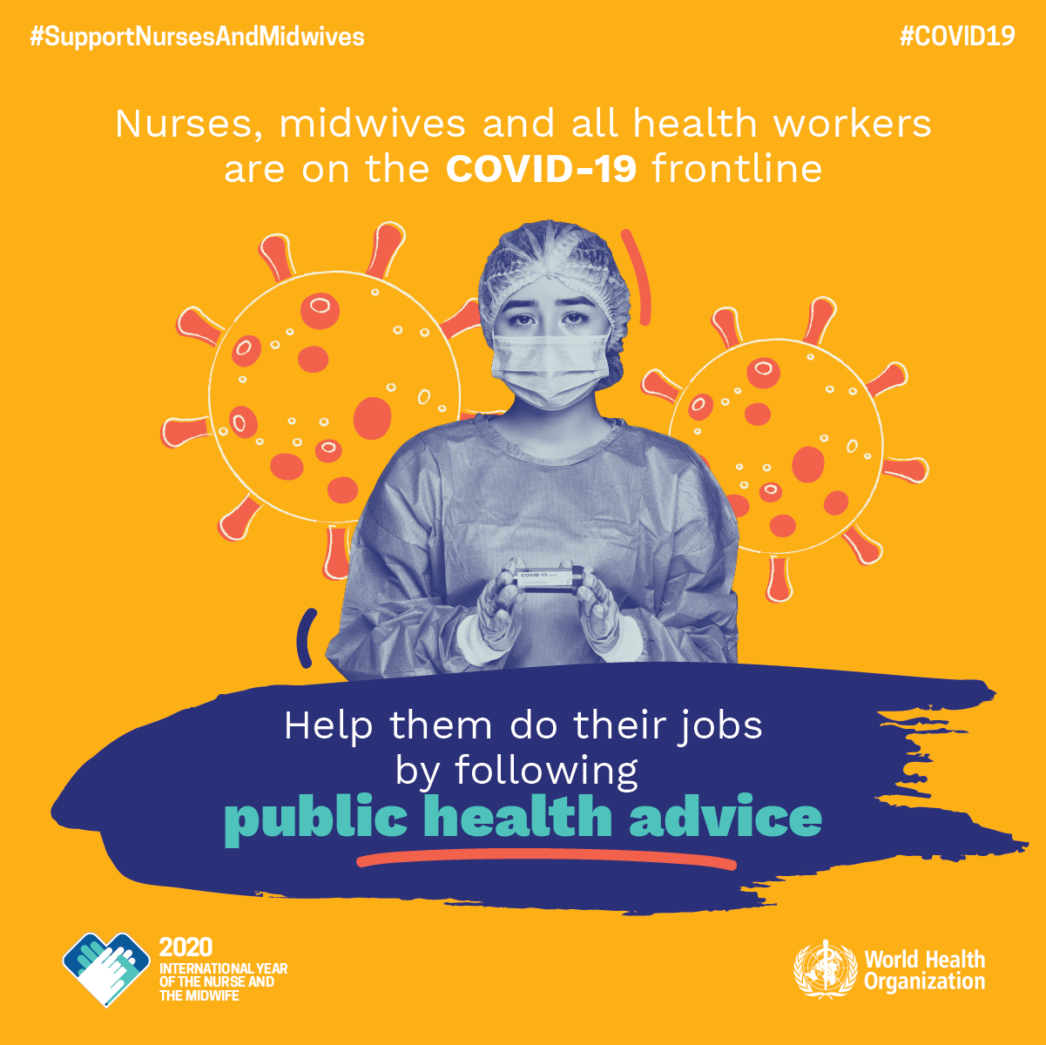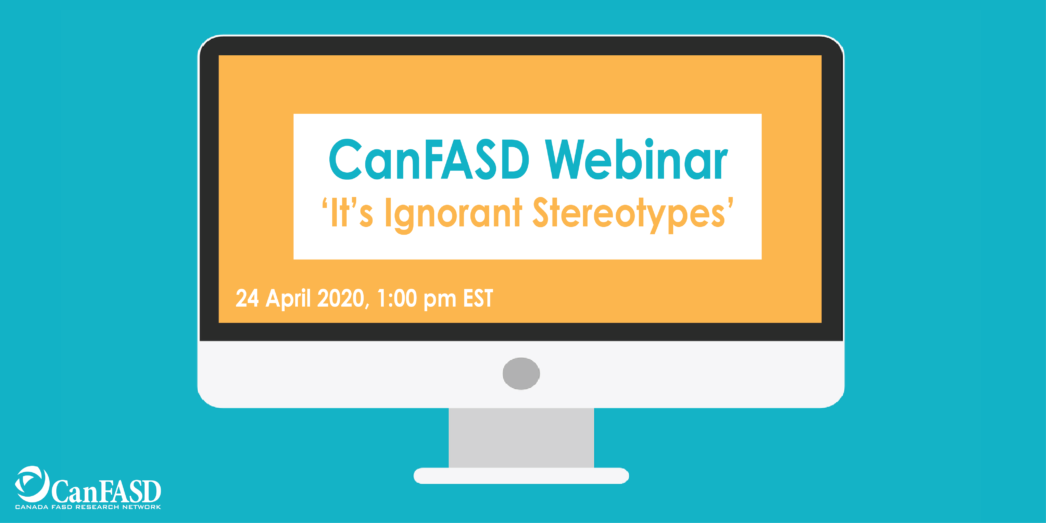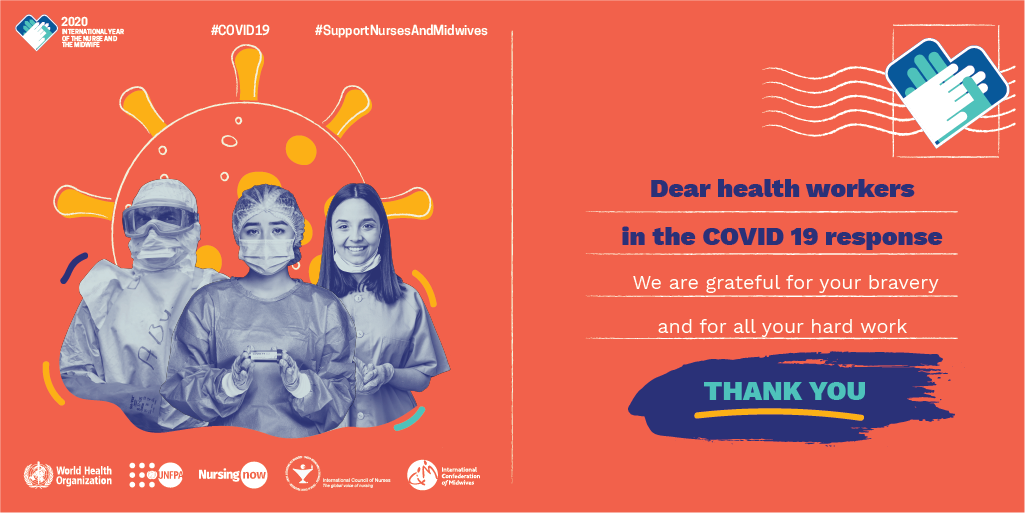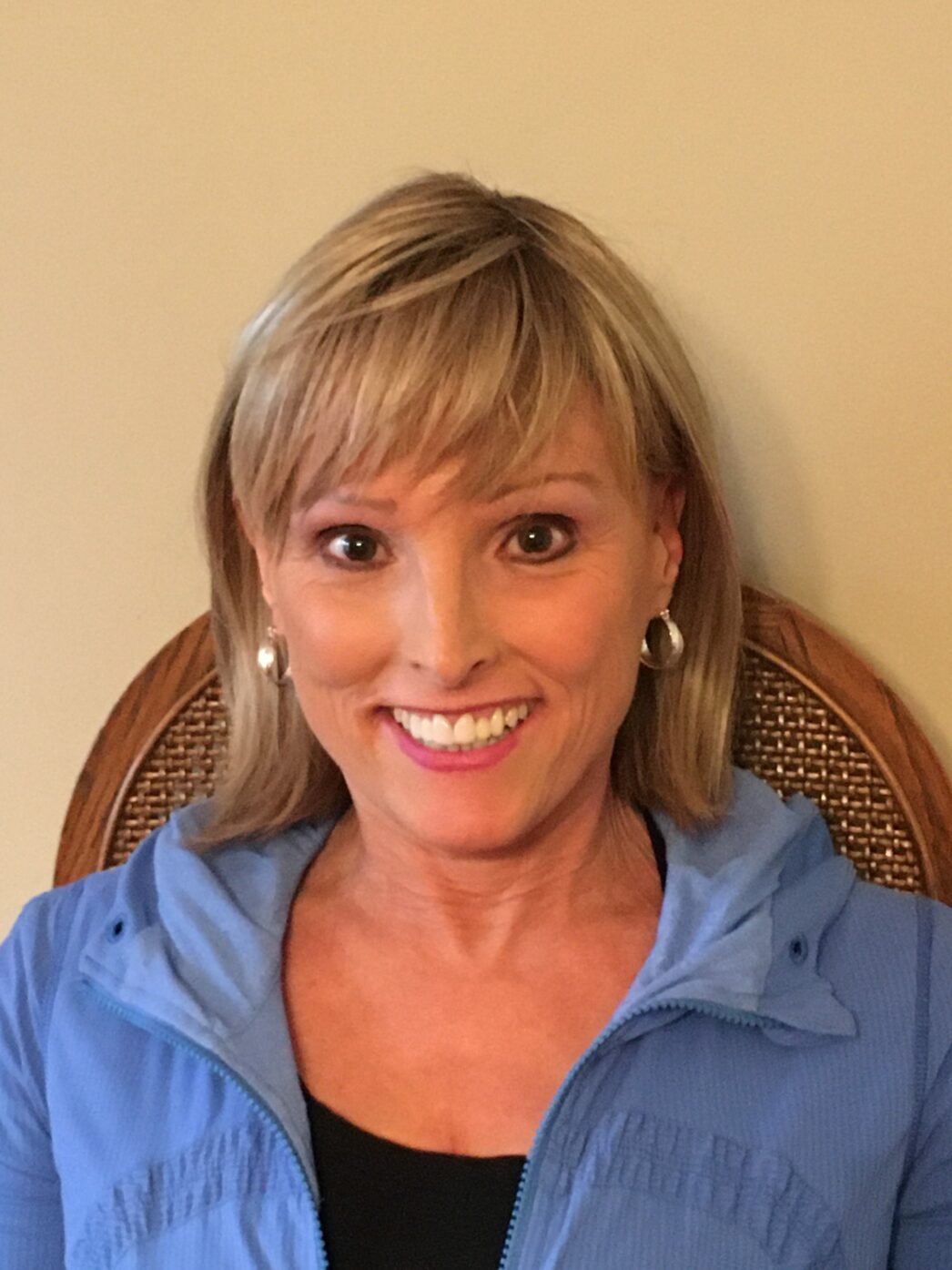Media, such as social media, plays a large role in the way that alcohol use is normalized. Culturally, alcohol is part of how we relax, how we celebrate, how we reward ourselves, and how we manage anxiety in difficult situations.
Acceptance and Commitment Therapy for Caregivers
A member of the CanFASD Family Advisory Committee recently had the opportunity to participate in a research program that gave caregivers of individuals with FASD the skills to better manage the challenges and stresses of their daily lives using Acceptance and Commitment Therapy (ACT).
#FeatureFriday – FASD in Canadian news
People with fetal alcohol spectrum disorder (FASD) can have difficult and stigmatizing experiences throughout their lives, as can women who drink alcohol while pregnant. For people who have never knowingly met someone with FASD, the news media could play a key role in shaping their understanding of FASD, alcohol, and pregnancy.
Patients with FASD: Tips for Healthcare Providers
In the wake of the COVID-19 pandemic, frontline health care providers are working day and night to protect the health and safety of individuals all across Canada. We honor and respect their sacrifice and commitment to Canadians in this challenging time. This blog post provides a few tips to help frontline health care workers manage the specialized needs of individuals with FASD during COVID-19.
Attend a Virtual Presentation from the 2020 Sterling Clarren Award Winner!
We’re excited to announce that the 2020 Sterling Clarren Award winner is John Aspler from McGill University! John is completing his doctoral thesis analyzing the discourse surrounding FASD, alcohol, and pregnancy in major Canadian print news sources.
Take a minute to say ‘thank you’
A simple way to show your appreciation for our health care workers is to say, “thank you”. Canadians across the nation are saying “thank you” to our nurses and frontline health care providers through lawn signs, social media, discounts, and applause. Join in the celebration and find a unique way to say “thank you” from a distance.
Feature Friday: Mary Ann Bunkowsky
Mary Ann is a mother of two boys. Her oldest is 14 years old and has an FASD diagnosis. Her younger son is 11. He has been diagnosed with a number of neurodevelopmental difficulties, including Autism, but she has been unable to get an FASD diagnosis for him because they have no proof of prenatal alcohol exposure. Mary Ann is … Read More
New Video Release
We created a new video to introduce you to our organization and tell you a little bit of the work that we do.
COVID-19 Tips for Caregivers of Individuals with FASD
Challenges with sensory regulation, attention, memory, and emotional regulation make it difficult for children with FASD to understand and implement preventive health practices. The social distancing measures that have been put in place can result in feelings of depression, stress, confusion, and anxiety. This blog outlines some tips for caregivers to help you implement preventive health practices in your home.
15 Things to Do While Social Distancing
The community-wide prevention measures that have been put in place to slow the spread of COVID-19 means that Canadians have a lot of downtime over the next few weeks. Here are a few things that you can do to pass the time while you practice social distancing.








